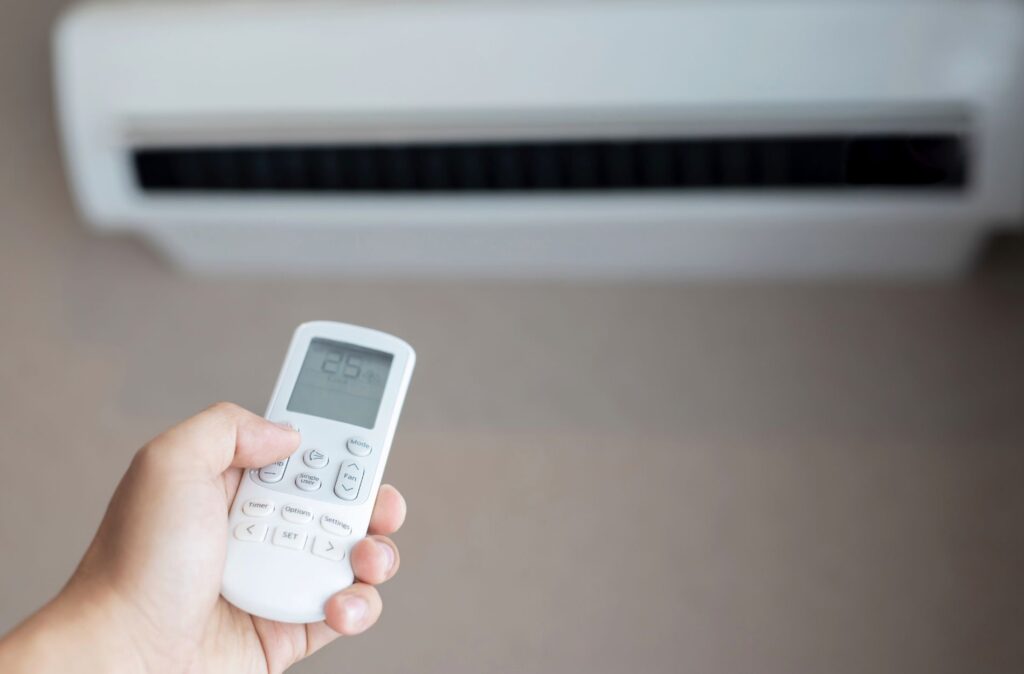An air conditioning system is vital for maintaining a comfortable living environment, especially during hot summer days. However, your AC unit, like any other appliance, has a limited lifespan and will eventually need to be replaced. Knowing when it is time for an AC replacement is crucial to avoid unnecessary expenses and inconvenience. B.L.R. Heating & Air shares the main signs that indicate it’s time to replace your air conditioning unit and share valuable tips on choosing the right new system for your home and specific requirements.
1. Age of the AC Unit
The average lifespan of an air conditioning system ranges between 10 to 15 years. If your unit is approaching or has exceeded this age, it might be time to consider a replacement. Older AC systems tend to be less efficient, consume more energy, and require more frequent repairs. Upgrading to a newer model can save you money on energy bills and prevent costly breakdowns.
Keep in mind that technological advancements in recent years have made modern AC systems more energy-efficient, environmentally friendly, and better equipped to meet the cooling demands of your home. Upgrading to a new unit now can ensure that you benefit from these improvements and enjoy reliable, efficient cooling for years to come.
2. Rising Energy Bills
An increase in your monthly energy bills may indicate that your AC unit is not working efficiently and struggling to maintain the desired temperature in your home. As your system ages, it may require more energy to cool your home effectively, leading to higher utility bills. Replacing the unit with a modern, energy-efficient system can significantly reduce your energy expenses.
If you notice a sudden spike in your energy bills without any significant changes in your usage habits, it could be a sign that your AC unit is not operating as efficiently as it should. In such cases, consulting with our professionals can help you determine whether replacing the unit is the most cost-effective approach.
3. Frequent Repairs
If you find yourself constantly scheduling AC repairs, it may be more cost-effective to invest in a new system. Frequent malfunctions can be a sign that multiple components within your unit are failing, and it’s only a matter of time before full system replacement becomes necessary.
When considering an AC replacement, weigh the costs of frequent repairs against the cost of a new system. It’s important to remember that newer models come with warranties, providing additional peace of mind and saving you money in the long run.
4. Inconsistent Temperatures and Poor Cooling Performance
If your AC system struggles to maintain consistent temperatures or cool certain areas of your home, it could be a sign that the unit is nearing the end of its lifespan and struggling to meet your cooling demands. A system that no longer cools effectively is uncomfortable and can lead to higher energy consumption, as it works harder to compensate for its shortcomings.
Choosing the Right New AC System
When it’s time to replace your AC unit, there are several factors to consider when choosing the right system for your home. These include:
1. Energy Efficiency: Look for a new AC unit with a high Seasonal Energy Efficiency Ratio (SEER) rating, which measures the system’s energy efficiency. Higher SEER ratings indicate a more energy-efficient unit, which can lead to lower energy bills.
2. Size: Selecting the appropriate size for your new AC unit is crucial for efficient cooling and overall performance. Our professionals can help you determine the correct size based on your home’s square footage, insulation, and other factors to ensure optimal efficiency and comfort.
3. Type of System: There are various types of air conditioning systems to choose from, including central AC, ductless mini-splits, and heat pumps. Our team can help you decide on the best option for your home based on your specific needs, existing infrastructure, and budget.
4. Maintenance and Warranties: When choosing a new AC system, consider the manufacturer’s maintenance requirements and warranty policy. Select a unit that comes with a comprehensive warranty to provide added peace of mind and protect your investment.
Conclusion
Recognizing the signs that it’s time for an AC replacement and selecting the right new system are crucial steps toward ensuring a comfortable and energy-efficient home. Trust our professionals at B.L.R. Heating & Air to guide you through the process and provide expert advice on choosing the best AC system for your specific needs and lifestyle. Schedule a consultation with us today to learn more about your options and ensure a seamless AC replacement that guarantees long-lasting, reliable cooling.





